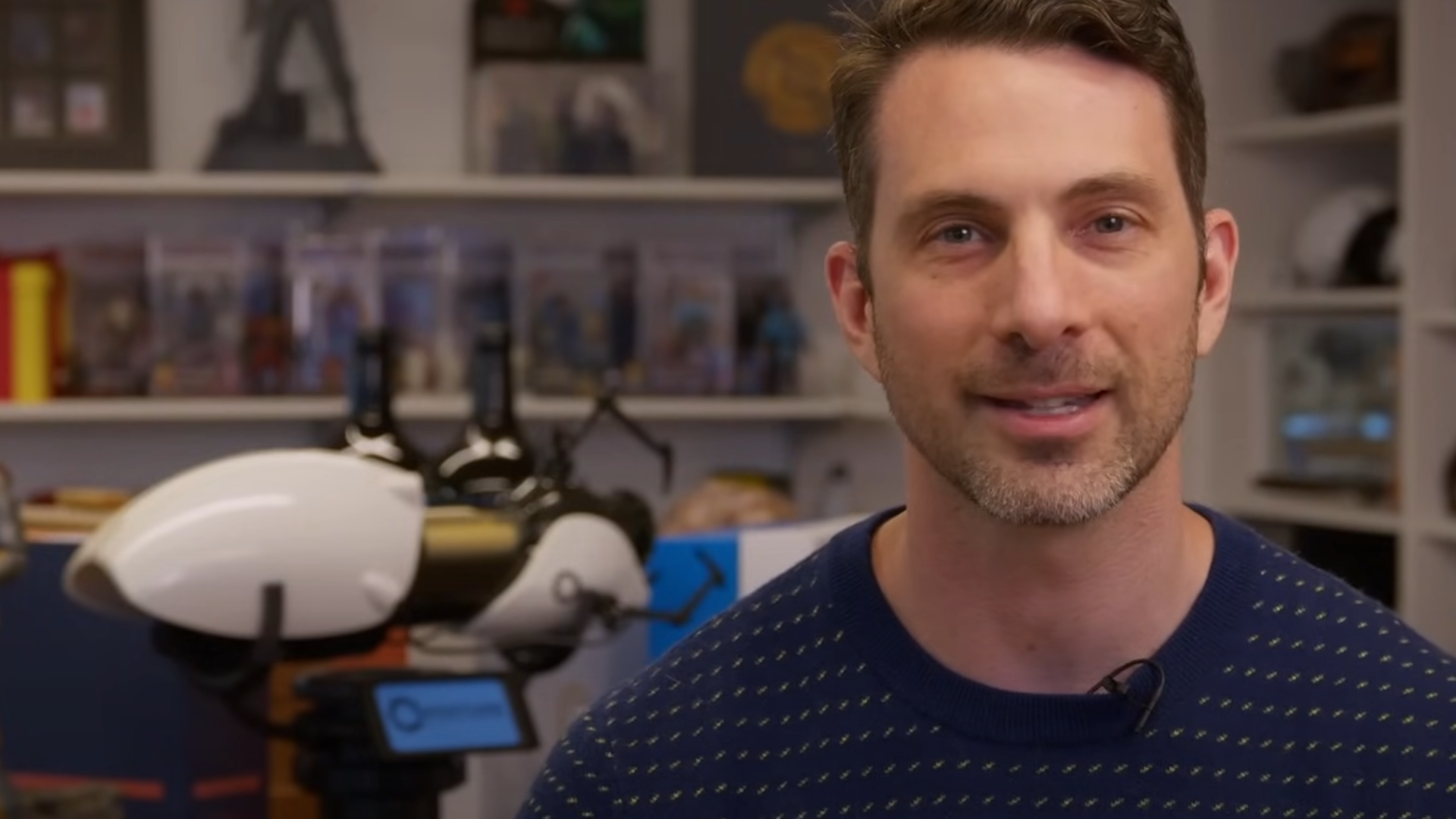As spotted by GamesRadar, the Steamworks Development channel posted a video earlier this month explaining the ins and outs of how games snowball into surprise hits like Dave the Diver—which we gave a smashing 91 back in July.
The talk’s given by Erik Peterson of Steam’s business team, and it’s an enlightening little journey through Steam’s design philosophy. “We don’t think Steam should be pay-to-win. Not selling ads levels the playing field and makes [its] recommendations better for players.”
“We’re surprised all the time by the games that find big success on Steam,” continues Peterson. “Every week, Steam automatically picks up on games that we haven’t even heard of, or games that we would’ve never predicted would be popular.” Those surprises are, to him and his team, an indication that the platform’s “working properly.”
According to the presentation (which has a full PDF to read at your leisure) there are two ways games get the Steam spotlight: algorithmic visibility and curated featuring, both of which are driven by player interest.
Peterson then goes to the front page of Steam—recorded when, funnily enough, Dave the Diver had done what he calls a “full takeover” of the store. “Now it isn’t every day that we have a full Steam takeover … the bar for [that] is really high … as such, we have to have really high confidence that it will appeal to a huge amount of customers.” Daily deals, midweek and weekend deals, and content hub takeovers join the list of curated elements. “It’s very competitive … you’re gonna need to be in the top few hundred best selling games of Steam.”
Meanwhile on the algorithmic side of things there’s stuff like the Top Sellers section, which is “based on total revenue in the trailing 24 hours”. There’s also more personalised elements like the Featured & Recommended section, the Discover Queue, and anything that’s recommended based on the games you play.
What’s clear through the whole presentation is how much weight Steam lends to player investment. “When a bunch of players are spending time and money on your game, it’s a really strong signal to Steam that it could be interesting to other players too … it can happen any time during the life cycle of your game.”
The most common time for that gold rush is at a game’s launch, since that’s when the flood gates open, but Peterson insists that a bumpy launch doesn’t knock you out of the running. “We’ve talked to developers that have had their most successful moments for their games years after launch … whenever there’s a burst of customer interest in your game, Steam will pick up on it.”
The presentation’s definitely worth a watch if you’re at all curious about the guts of the Steam engine, as it were—and it’s a refreshing strategy. Even those weird, sketchy, out-of-nowhere hits mired in controversy like Only Up! help to preserve the wild west of weird PC gaming nonsense I’ve come to know and love.











